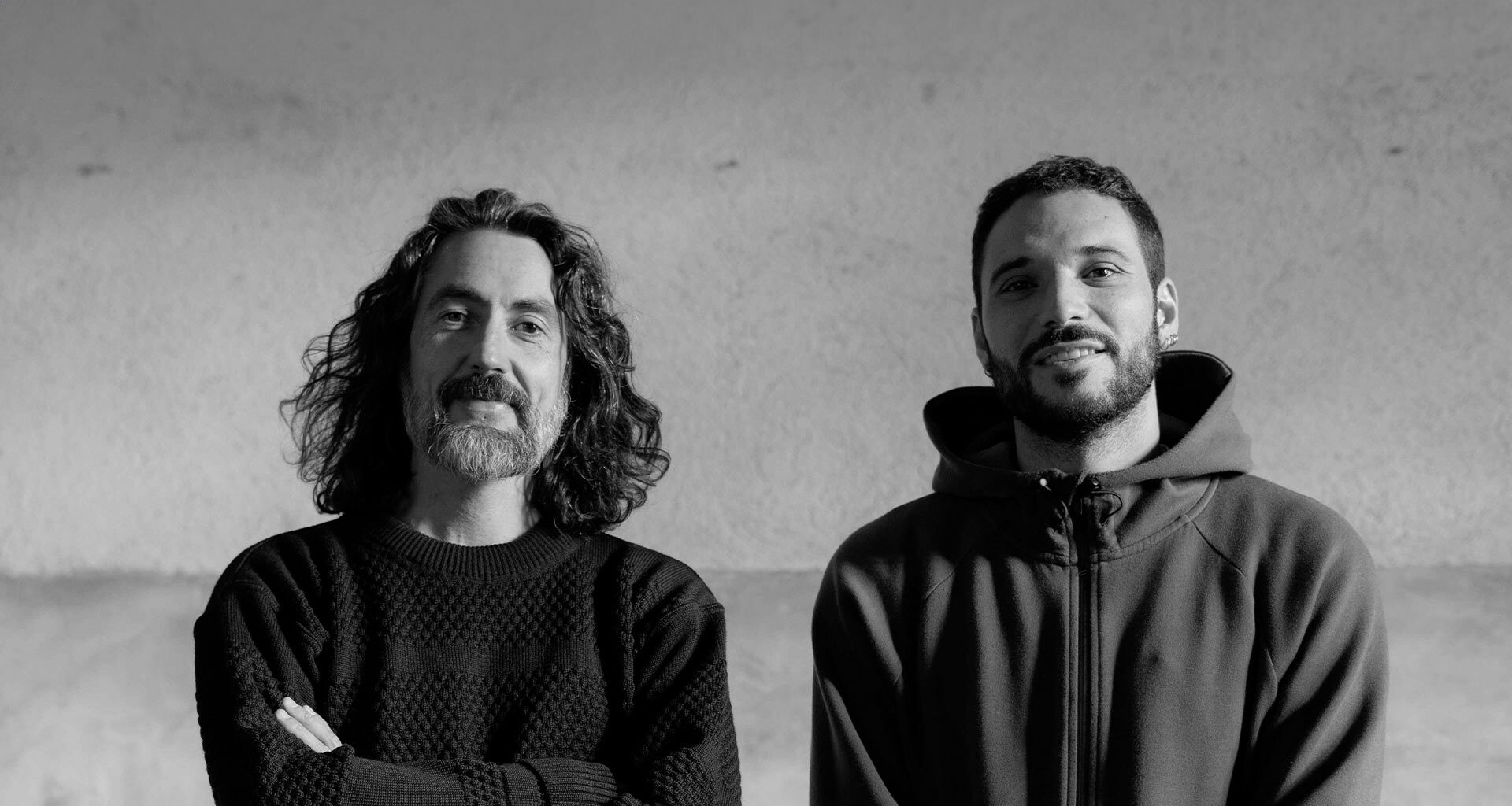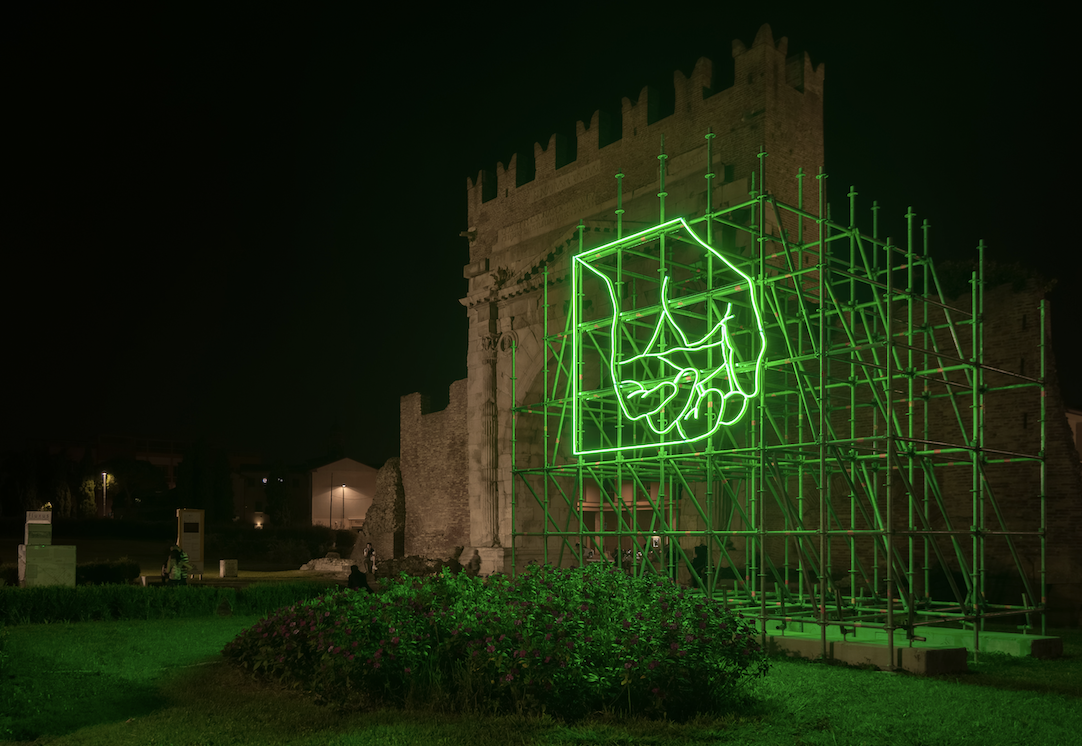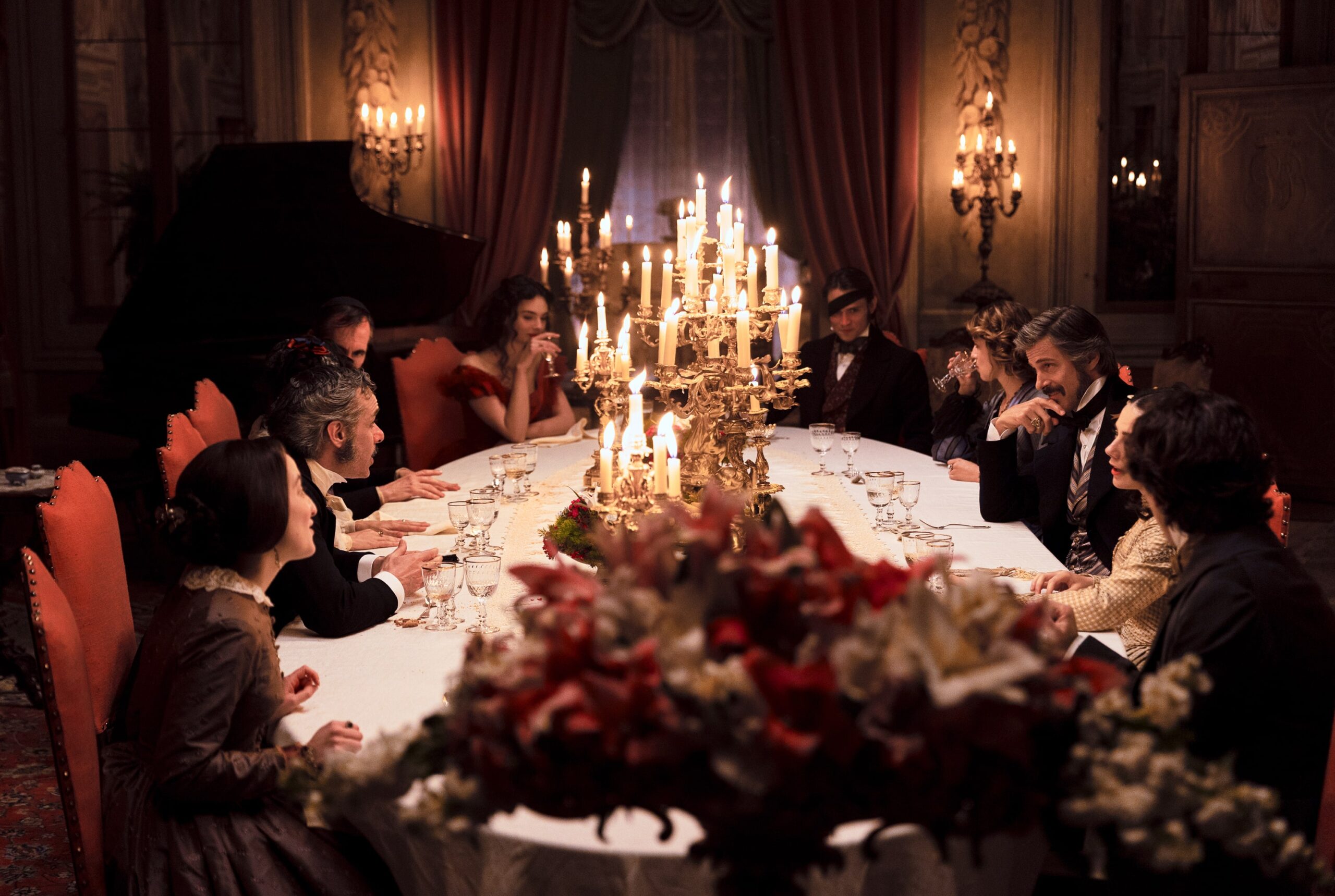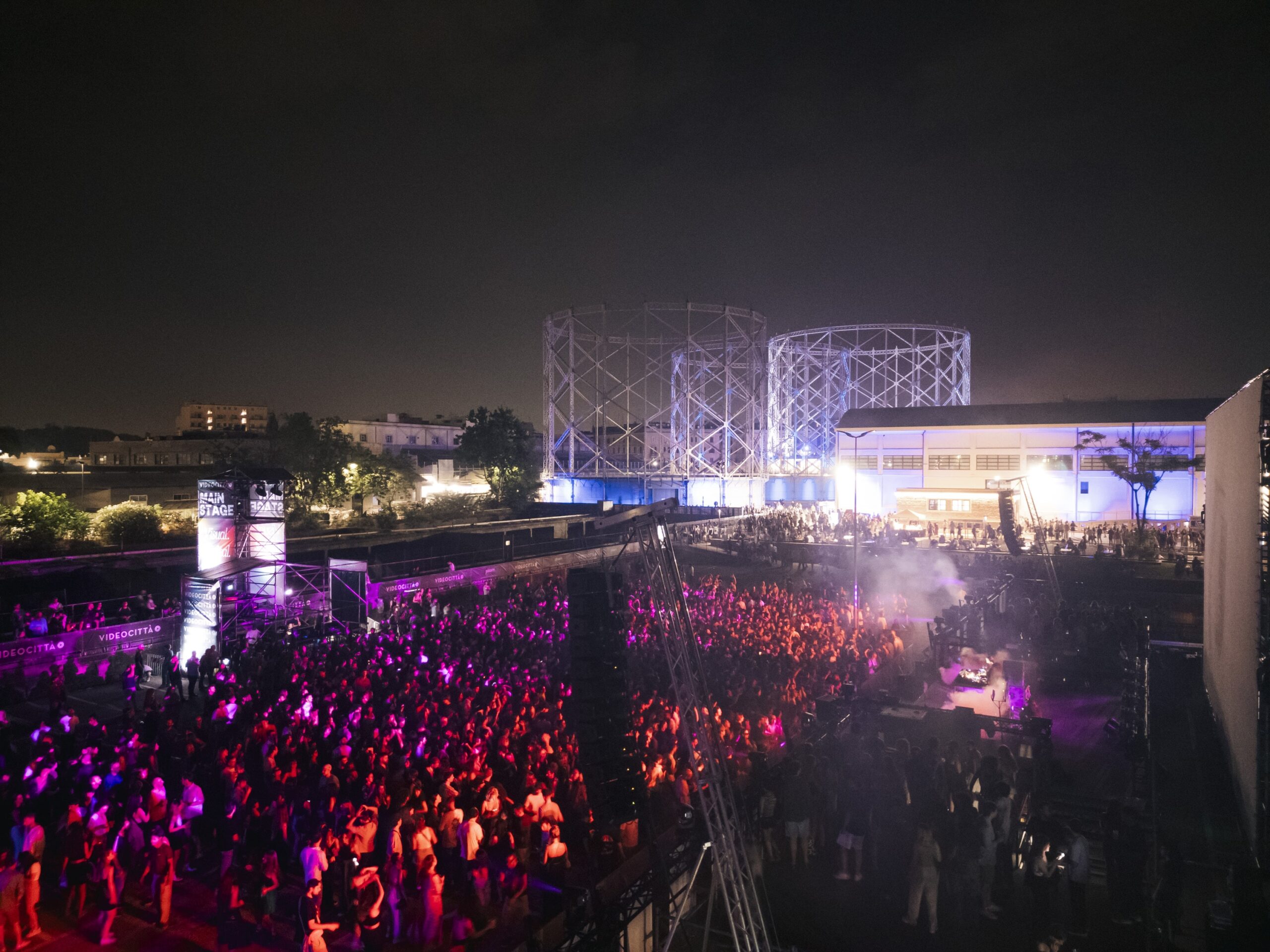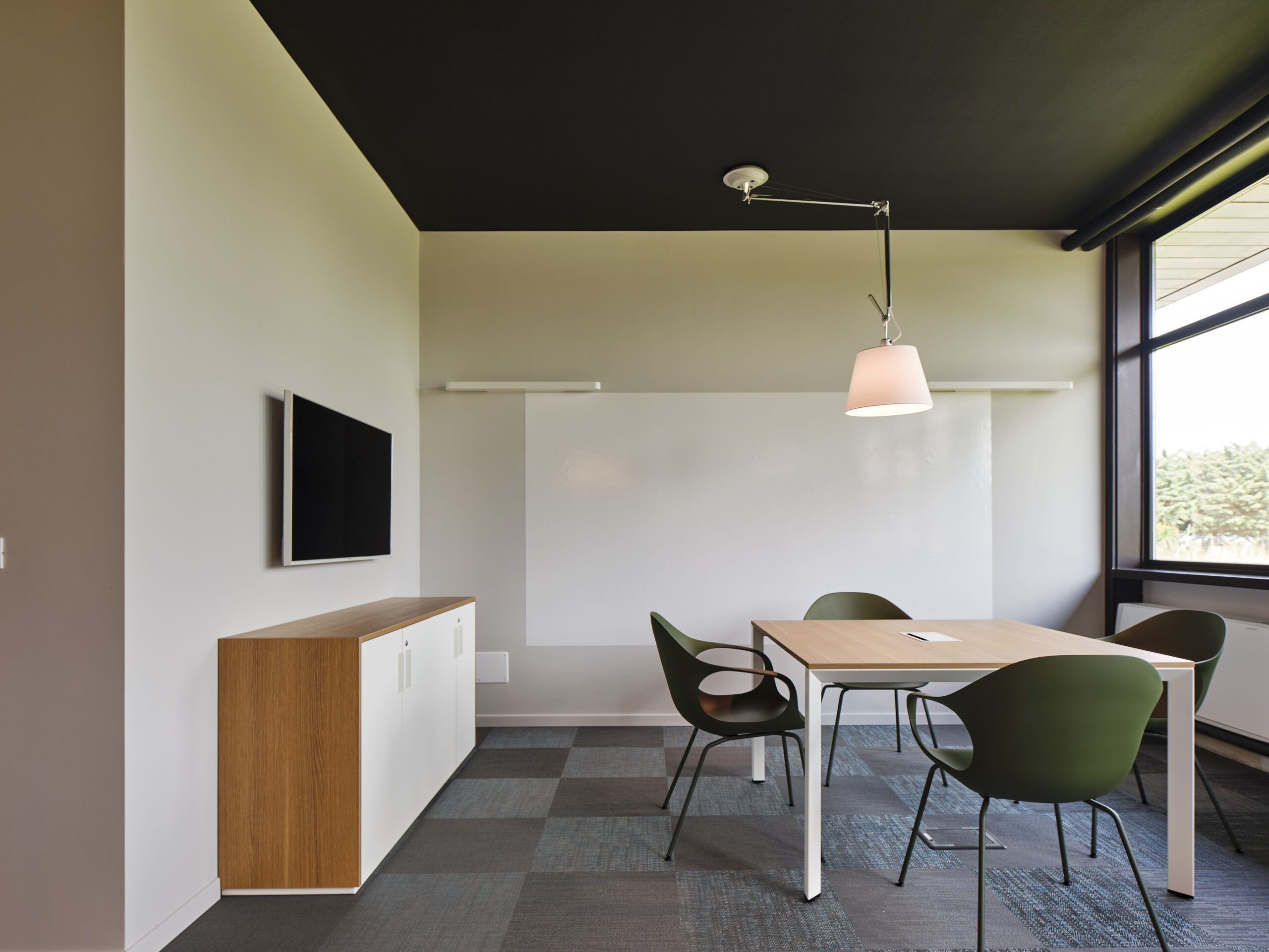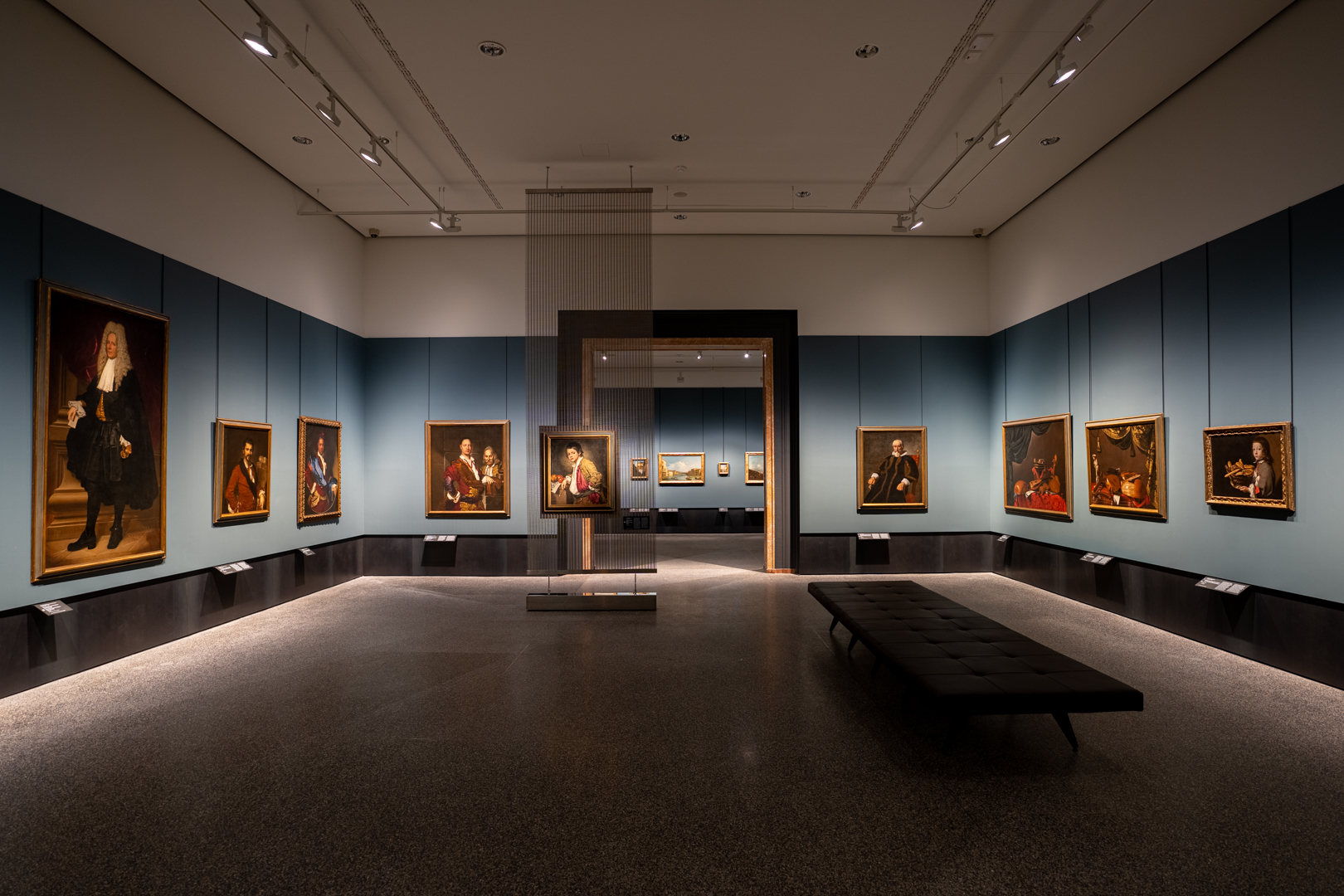Architect and designer Daniele Della Porta continues the legacy of the studio founded by his father, Gerardo, facing challenges across multiple fields: from product design to architecture, from artistic direction to exhibition design, and teaching at the Industrial Design program at the University of Naples Federico II.
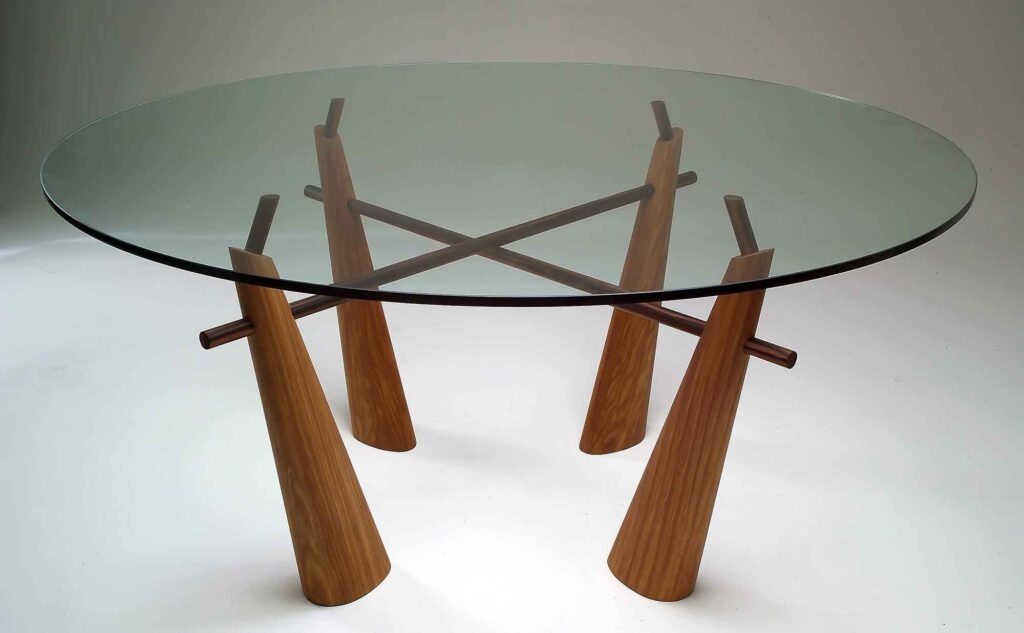
A strong passion for craftsmanship and experimentation stands out in your work, expressing your desire to create custom products and bespoke furniture.
«I’ve always loved artisan workshops. Even today, when I want to treat myself and unwind, I visit a woodworking shop or a metal workshop where I know I’ll be warmly welcomed. I enjoy perfecting or experimenting with something. My love for objects grew from my early work as an architect, designing my first pieces of furniture, like Incline, a table created for a villa, which won the Vero Legno Prize at the “Young and Design 2007” competition at the Salone del Mobile. Living in Campania, I’ve always been surrounded by artisans and small companies, and I’ve made it a point to nurture direct relationships with them. I hope more designers will create furniture with artisans that can find a place in the market».
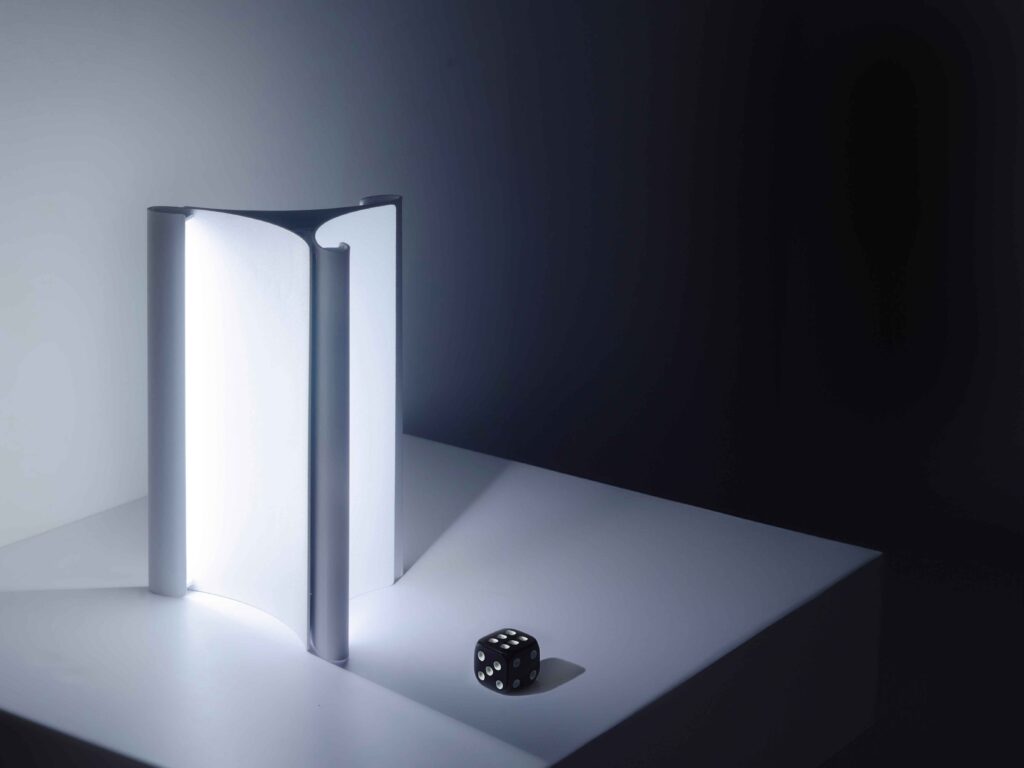
Your studio is based in Nocera Inferiore (Salerno), the same town where the lighting brand Lumere operates and manufactures, where you designed three lamps: Elica, Leonessa, and Polifemo. A true “zero-kilometer” collaboration…
«Yes, and it’s wonderful to meet quickly and refine details together. I’ve often enjoyed this setup, working with Alfa Marmi, Rubinacci Napoli, Lamberti Design, Puntolargo (a design brand I co-founded with cabinetmaker Roberto Lepre and upholsterer Salvatore Pepe), Del Basso parquet, and now Lumere».
You are both designer and artistic director for Lumere. Does this dual role create conflicts, or does it complement itself under one creative vision?
«I firmly believe there’s no conflict between being a designer and an artistic director. An artistic director lives in the company every day, understanding its needs deeply, and as a designer, can fill catalog gaps or address emerging needs. I’m always ready to step aside for other designers if necessary, especially to maintain a cohesive product offering. I value collaboration and don’t believe in overwhelming the catalog with too many personal pieces».
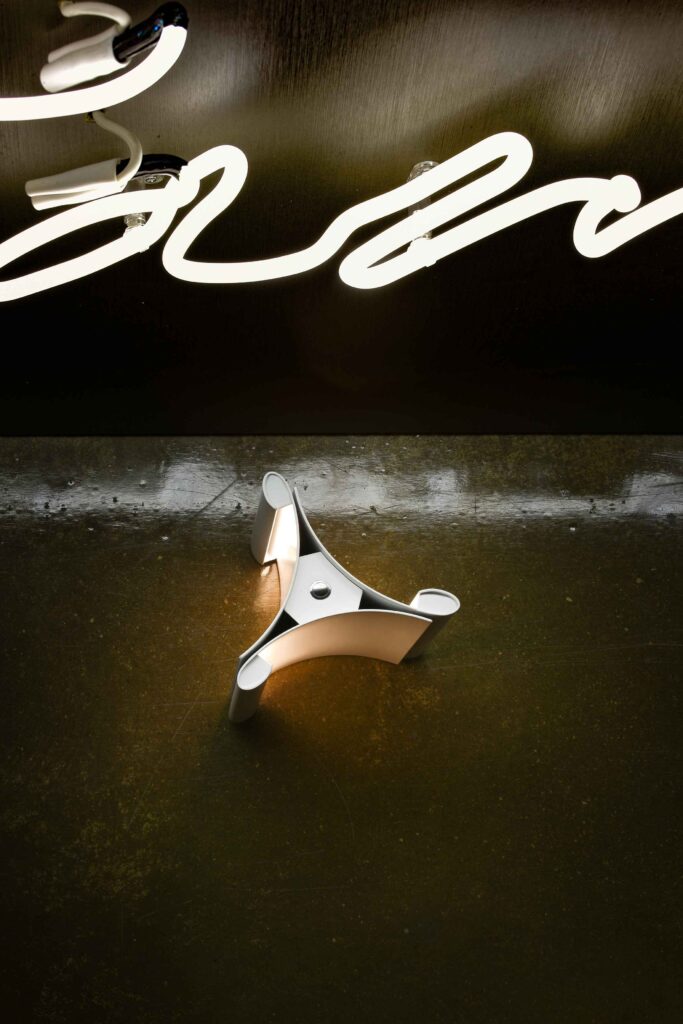
What do you love about designing with light?
«The emotion—and the shadows. I pay great attention to lighting even in my architectural projects. Wherever light falls, our gaze follows. Light sets the atmosphere; it can furnish and stir emotions on its own, giving meaning to a space».
The rechargeable lamp Leonessa has a strong symbolic presence: a slim metal tube emitting light, paired with a marble base housing both the battery and a flower holder…
«Leonessa was born from a conversation with Diego Leonessa, owner of the Leonessa pasta-bar in Nola, and Ferdinando Ingenito, founder of Lumere. During lunch, Diego seemed bothered by having both a rechargeable lamp and a flower vase on the table… so the idea of Leonessa emerged, thanks to Ferdinando’s technical support. When I look at Leonessa, I imagine it as a miniature streetlight, and I picture little toy cars racing underneath it, as if they were driving through the night».

Polifemo, instead, is a robust metal tripod, balancing its weight through a ring that allows it to be lifted with just one finger. Wireless lamps seem to offer a fascinating design territory: lightweight, mobile, and versatile.
«Whenever possible—unless directed otherwise by a company—I like to name my projects thoughtfully. A name is the first act of design and is rarely meaningless. This is a lesson I owe to Professor Filippo Alison. Polifemo owes its name to photographer Gaetano Del Mauro, who instantly called it “Polifemo” upon seeing it.

In truth, the ring design was inspired by my son Francesco’s red Teletubby toy—he used to pull it around by the circular antenna. That memory led me to design a ring for easily carrying the lamp. Polifemo also came from a need identified with Ferdinando Ingenito: a catalog addition—a competitively priced lamp offering traditional table lighting. I played with an off-balance body crowned by an oversized head».
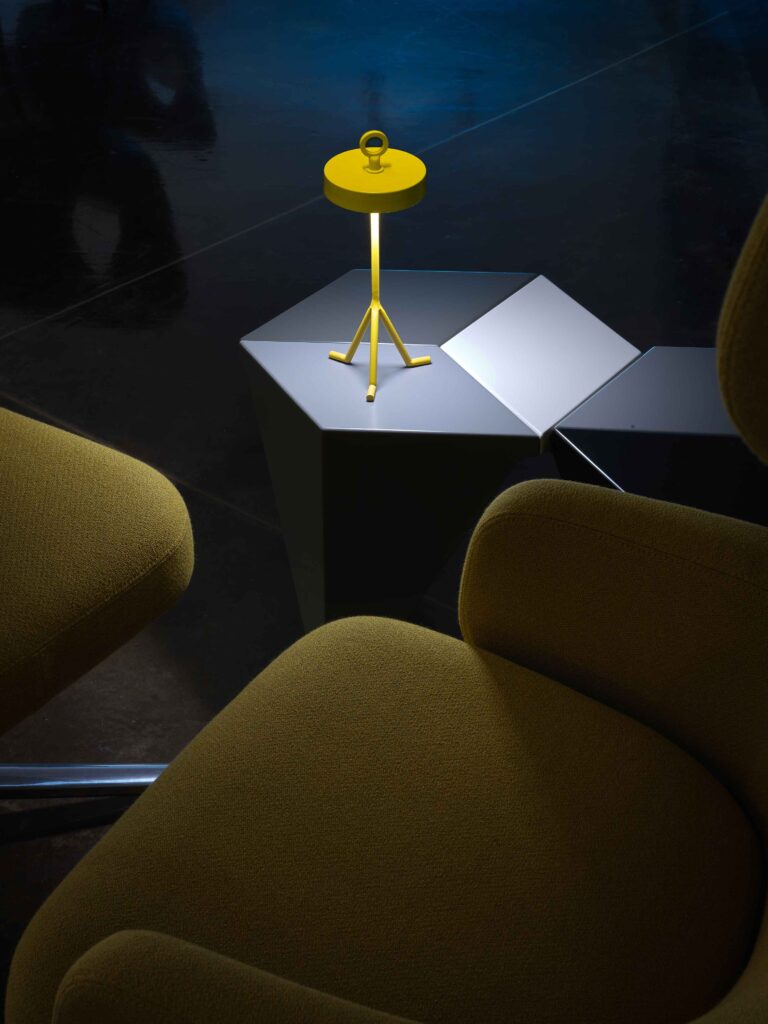
Architecture and light: your project Cinquanta Spirito Italiano is an Italian-style bar that owes much of its aesthetic success to theatrical lighting.
«Cinquanta Spirito Italiano is a project I hold dear. It grew from a strong collaboration with Alfonso Califano and Natale Palmieri, who dared to invest during the Covid era without hesitation, in a sleepy town like Pagani (Salerno).
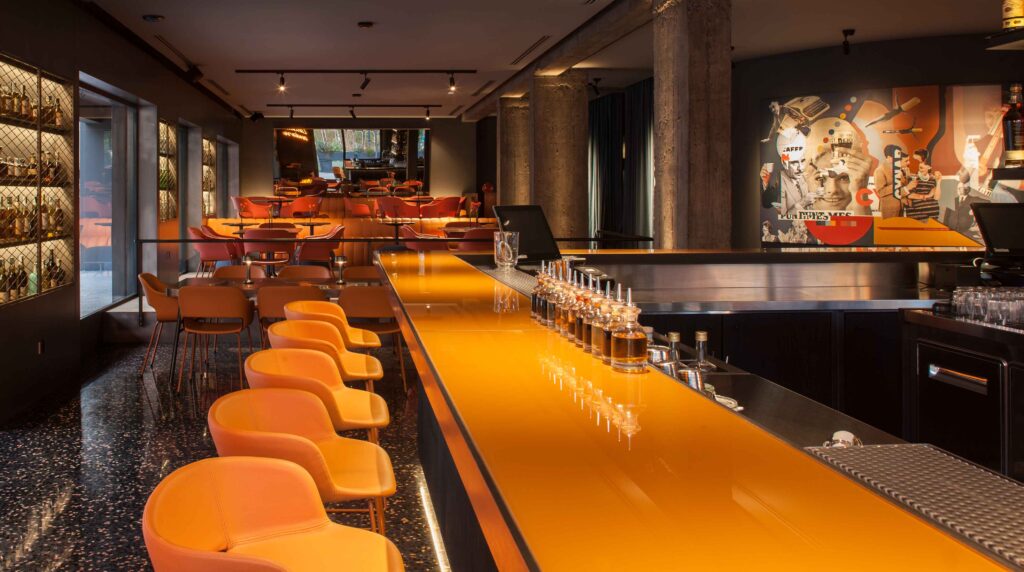
Against all odds, Cinquanta became a lively landmark known for outstanding cocktails and a true gathering place. Theatricality is everywhere in Cinquanta: the stepped flooring overlooking the “stage”—the bar—the large velvet curtain closing off the bathrooms, and the generous glass façades revealing the vibrant scene inside. Light, in its targeted and shadow-rich form, plays a crucial role».
Light that almost becomes “stage material”…
«Absolutely. And it’s achieved through very simple planning: single spotlights or tracks that illuminate only the strategic points».
